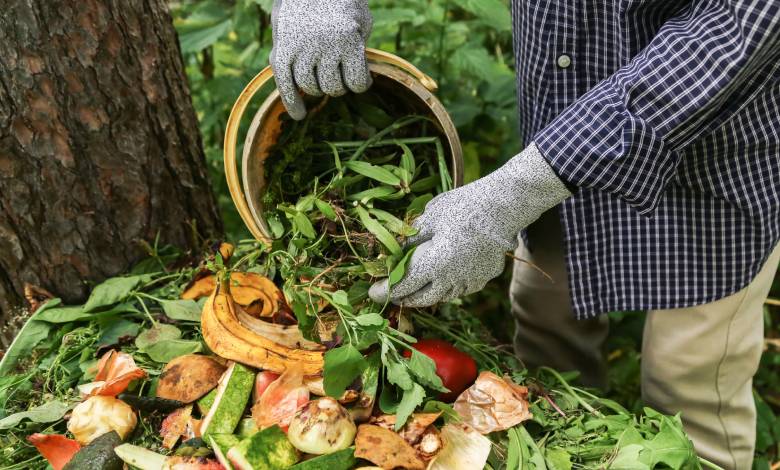
4 Alternatives to Traditional Waste Management
Traditional waste management practices—tossing every piece of trash into the garbage bin—are slowly being phased out, but they’re not gone yet. Fortunately, new waste management strategies exist. Sustainability advocates can try these four alternatives to traditional waste management.
Upcycling
Upcycling means transforming waste materials or unwanted products into new, higher-quality items with artistic or functional value. By giving old items a second life, upcycling reduces the volume of waste sent to landfills and lowers the demand for raw materials. This can look like turning empty glass jars into planters, turning worn-out furniture into stylish home décor, and turning junk into art.
Business owners can upcycle, too, by finding new purposes for waste or working with a company that can use waste for their own products. Upcycling encourages employees to explore innovation and improves their ability to think creatively and become resourceful.
Downcycling
Some waste products can’t become “better” products but may still serve a second life in a lesser or lower-quality form. Downcycling recycles material like paper into cardboard or packing material or crushed concrete into filler or material for other construction projects. This practical approach to waste management encourages efficiency and reduces the need to purchase or create new material. Through downcycling, you can squeeze every bit of potential out of your waste. Perform an audit of your current waste management practice to determine what upcycling and downcycling solutions are best for you.
Composting
Organic waste can become fertilizer, mulch, and nutritious materials that help soil thrive and plants grow. Setting up composting systems to mimic the natural decomposition cycle reduces the amount of organic, biodegradable waste that ends up in landfills. When organic waste is left to rot in landfills, it releases methane gas that contributes to air pollution. Composting creates healthy matter that you can spread across gardens and landscaping, sustaining new growth of crops, trees, and flowers.
Zero-Waste Lifestyle
Get serious about waste reduction by applying a zero-waste mindset to your home or workplace. Zero-waste means rethinking consumption patterns and prioritizing long-term sustainability. Engage in minimalistic practices at every step, and choose reusable products over disposable ones, especially single-use plastics. The zero-waste philosophy aims for a circular economy, where resources are continuously reused, reimagined, or reintegrated.
These four alternatives to traditional waste management present unique opportunities for consumers, business owners, and government bodies to redefine waste management practices and contribute to a sustainable future.






